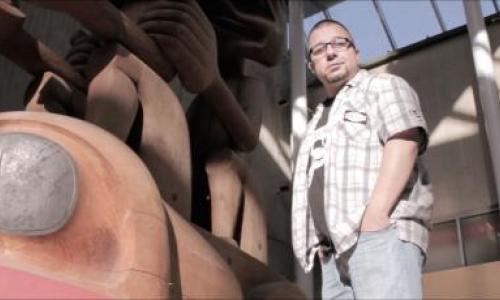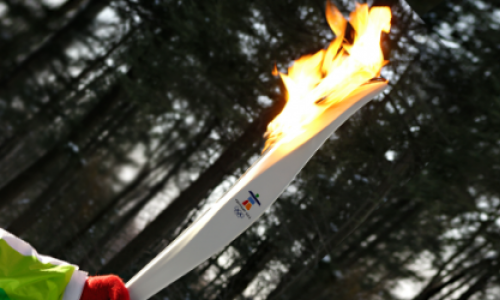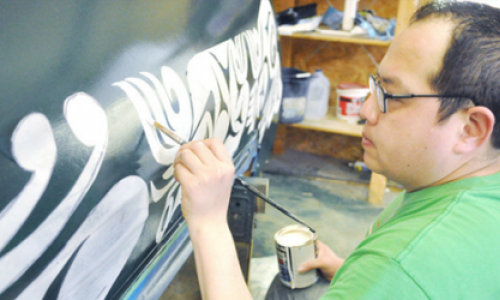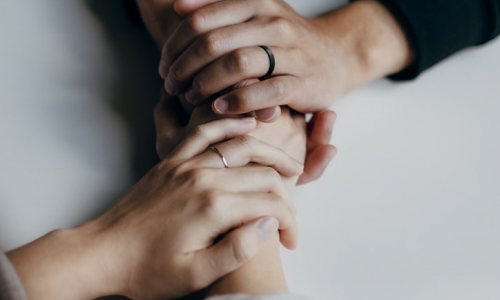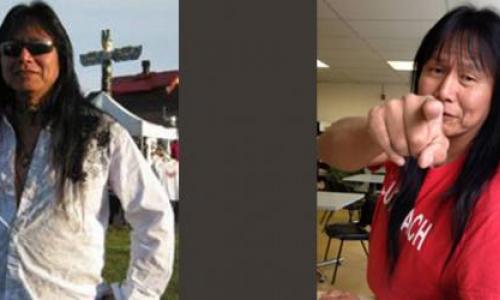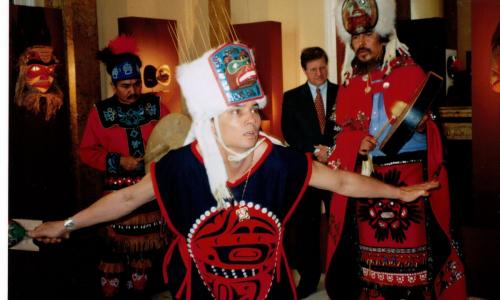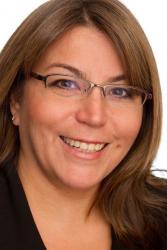
Where did you grow up?
I grew up in Nanaimo, BC.
What were some of the challenges you faced growing up?
My challenges stem from being First Nation in a time when it was not acceptable to be First Nation.
What is your happiest childhood memory?
I have many but most are being on my family farm, playing on the beach.
When you were young, what did you want to be when you grew up?
I wanted to be an oceanographer, I loved exploring the sea.
When did you start thinking about attending post-secondary?
I knew I was going to college in high school, I did not know what I wanted but my Nana had always encouraged me to get a higher education.
What were some of the reasons you decided to further your education?
I knew that I wanted to be independent; I did not want to rely on anyone for my survival. My mom and dad divorced when I was 12 and I understood the challenges my mom faced providing for us and she did not attend post-secondary, I knew I had to do something different.
Write a Brief Timeline of Your Schooling Experience
I started post-secondary immediately after high school, went for 2 years then in the 3rd I was faced with a choice of working for more money then I culd earn with a BA and I chose to earn money, I left school for approximately 8 years, I worked and then The college in my community changed to a university college and offered a BA in First Nation Studies, I was interested this was just after the treaty process had started so the timing was perfect, I completed that degree in 99, after that I knew I was not done and I knew the needs for formal education post treaty would require specific skills, so I went on to complete a MA in conflict analysis and management, I had been told my one of my mentors and instructors during my BA that I needed to do a doctorate, after working for a bit I realized I still was not done so I went on to look for a Doctorate that would provide me with the skills I needed to work with our communities. I completed my Doctorate in 2007. I have a Doctorate of management.
Share Your Experience Finding Funding
I received some funding from my nation for my BA and MA but I self funded my Doctorate and in the last year received some help from NRT.
Share a Time You Wanted to Quit
I never wanted to quit but I had challenges, I had 2 young kids, a seafood harvesting business, and was working full time out of town driving 2 hours each day, doing school work when I got home. Yikes.
Share Your Proudest Moment
The moment that I was announced Doctor Corfield!
Where are you currently in respect to your education? Do you think you are finished? Or do you wish to go further?
I am done, will take courses in areas that I need to gain further knowledge.
What did you do after you graduated?
I continued to be the vice president of Nuuchahnulth tribal council, then went on to do what I do today.
How did you find your current work position?
I made it myself!
What has been your most important lesson in transitioning to the work force?
I have always worked from a very young girl selling lemonade, toys, to newspapers to restaurants, to what I do now.
Ucluelet First Nation, Self employed CEO of Corfield and Associates, CEO Hyistuup Harvesting, Chair of the Legislature of Ucluelet First Nation, Executive in Residence SFU AEMBA
What advice do you have to offer other Indigenous students?
Work hard, nothing in life is easy, be honest to yourself and others and maintain your principles and values.
What are your goals for the future?
To retire early and work on stuff that makes me happy!








